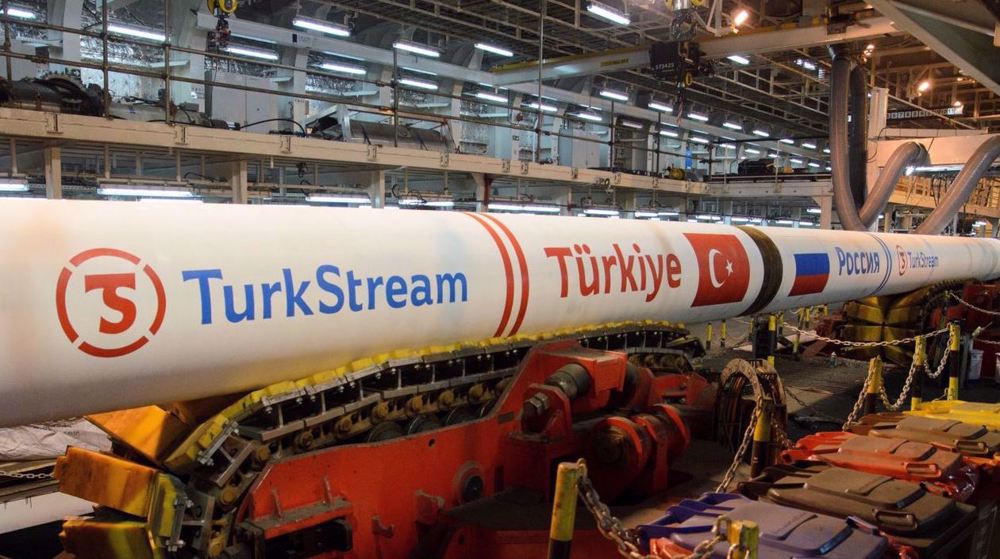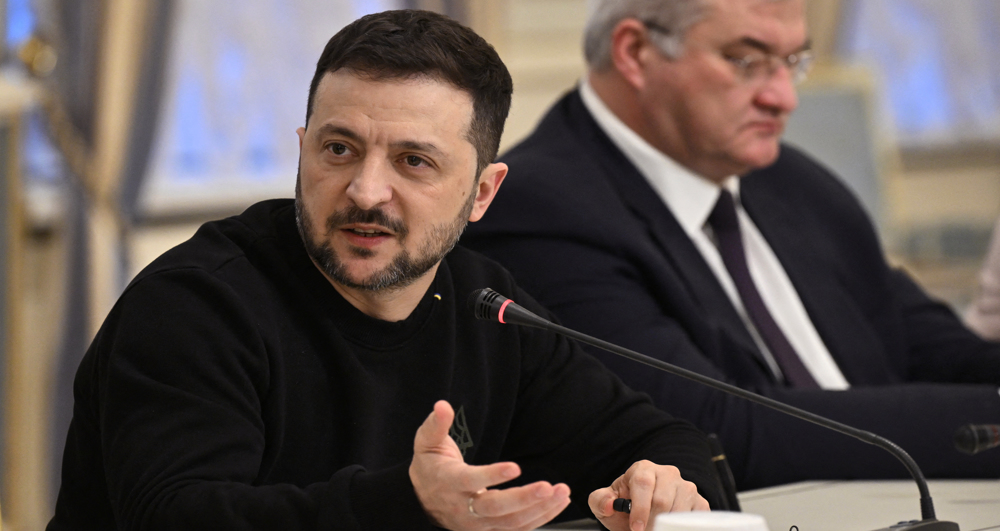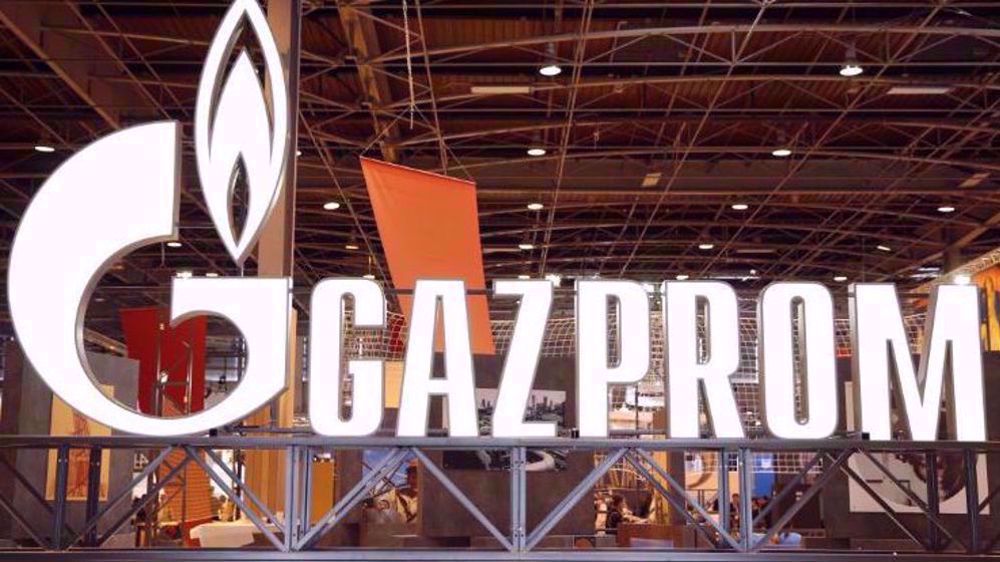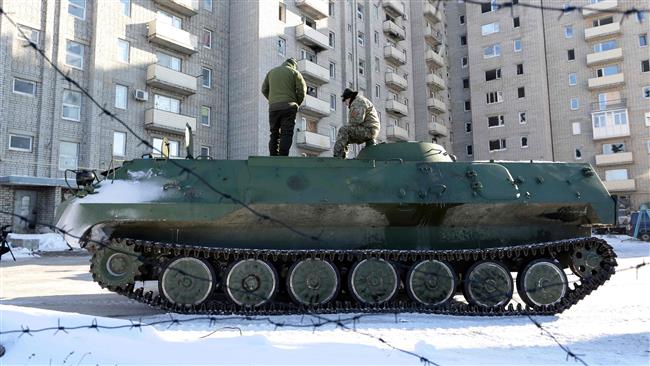Russia rejects Ukraine ‘terrorism’ claims at UN court
Russia has flatly rejected claims made by Ukraine that Moscow is “sponsoring terrorism” through alleged providing of money and arms for pro-Russia forces in the war-scarred country, describing the allegations as “neither factual nor legal.”
Kiev filed its case against Moscow, its former Soviet master, at the United Nations’ Hague-based International Court of Justice (ICJ) in mid-January, saying Moscow has allegedly been breaching treaties on terrorist financing and racial discrimination.
According to the lodged file at the ICJ, Ukraine alleges that Moscow has been giving assistance to pro-independence fighters, who are in a constant battle against the government forces to liberate the “occupied territories" in the Donetsk and Luhansk provinces in eastern Ukraine.
Kiev also claims that Russia has been committing racial discrimination against non-Russians, particularly Tartars and Ukrainians, in Crimea, a peninsula in the south of Ukraine that joined the Russian Federation in March 2014 after a referendum. Kiev has, since then, accused Moscow of annexing Crimea. Ukraine says the move “brazenly defied the UN Charter.”
The Kremlin denies any involvement, saying, however, that it will continue to support the ethnic Russian population living in the territory against the suppression by the government in Kiev.

On Tuesday, Roman Kolodkin, legal director of Russia's Foreign Ministry and Moscow’s representative at the ICJ, told the court that “the Russian Federation complies fully with its obligations under (the) treaties that are now relied upon by Ukraine,” adding, “We see neither a legal nor factual basis” for the measures asked for by Kiev.
Kolodkin’s remarks came a day after Ukraine urged the ICJ to order emergency measures to bring stability to its volatile eastern parts. Kolodkin said Kiev had made these allegations against the Kremlin to draw the ICJ into ruling on “issues between Ukraine and Russia that are clearly beyond the court's jurisdiction in this case.”
The conflict in eastern Ukraine began after a political upheaval in Kiev in 2014, when a Russia-backed president was deposed from power and a pro-Western government took office.
Donetsk and Luhansk, which are mainly Russian-speaking regions, have witnessed deadly clashes between pro-Russia forces and the Ukrainian army since Kiev launched military operations to silence pro-Russia protests there in mid-April 2014. More than 10,000 people have been killed in the conflict so far.
Ilya Rogachev, another Russian representative, told the 16 judges hearing the case that Ukraine “is misleading the court.” Kiev “is involved in an armed conflict being waged by its authorities and its armed forces including irregular battalions against the people of the eastern Ukraine,” he said, warning that labeling independence-seeker people as terrorists and sponsors of terrorism could have serious consequences in future peace negotiations.
Although the main case filed by Kiev will likely take years to settle, judges at the ICJ are expected to rule on the request for interim measures in the coming weeks.
Hamas hails Gaza’s victory over Israel in genocidal war, its forcing enemy to agree to ceasefire
'Capitulation': Israeli officials and media concede Gaza defeat as truce unfolds
'Gaza has won': Social media users react to ceasefire with mix of relief, joy
Iran seeks South Korea’s assistance for AI, fiber-optic projects
VIDEO | Iran's 'Eqtedar' (Power) maneuver
Israel hits HTS military target in Syria for 1st time since fall of Assad
VIDEO | Press TV's news headlines
Israel has slaughtered 13,000 students in Gaza, West Bank













 This makes it easy to access the Press TV website
This makes it easy to access the Press TV website